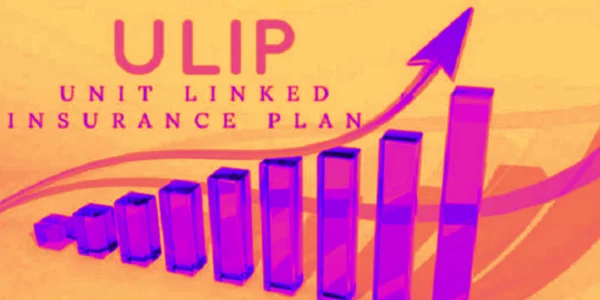Why Resourcefulness Matters
In today’s world, challenges come at us faster than ever, and waiting around for the perfect solution isn’t always an option. That’s where resourcefulness comes in. Being resourceful is less about what you have and more about how you use what’s in front of you. It’s about seeing possibilities in problems and turning limitations into opportunities. Just like financial tools such as debt consolidation in Michigan help people reframe their money situation by simplifying and reorganizing, resourcefulness does the same for life. It allows you to take control, adapt, and thrive even when the path forward isn’t clear.
Creativity as a Core Skill
At the heart of resourcefulness is creativity. When you approach challenges with curiosity, you open the door to solutions that others might overlook. Creativity doesn’t always mean painting or designing—it’s just as much about problem solving. Maybe you figure out how to stretch your groceries for an extra week or turn old furniture into something useful again. These small acts of creativity add up, proving that you don’t always need more resources—you need more imagination.

Adaptability in Changing Times
Resourceful people know that change is constant, and adaptability is their secret strength. Life rarely goes according to plan, so the ability to pivot without falling apart is essential. Think about how quickly many households and businesses had to adapt to working from home, shifting routines, and finding new ways to connect. Those who adapted found stability faster than those who resisted. By practicing flexibility in small situations—like trying a different route to work or experimenting with a new recipe—you prepare yourself to handle bigger shifts with confidence.
Resilience Through Challenges
Every obstacle tests resilience, and resourcefulness fuels that resilience. Instead of focusing on what you don’t have, you learn to work with what you do. This perspective changes setbacks from roadblocks into detours. A resourceful mindset encourages you to see failures as lessons, not as final outcomes. Over time, this builds mental toughness, making it easier to bounce back from challenges and keep moving forward even when the odds seem stacked against you.
Proactive Vision and Planning
Resourcefulness isn’t only about reacting well in the moment—it’s also about being proactive. A proactive vision means thinking ahead, anticipating needs, and preparing for different outcomes. This doesn’t mean you can predict the future, but it does mean you can set yourself up to handle it better. For example, setting aside savings, learning new skills, or networking with people in different fields are all proactive strategies. They expand the resources you can draw from when challenges arise.
Reflection as a Tool for Growth
Reflection is often overlooked, but it’s key to building resourcefulness. Taking time to look back at how you’ve handled situations allows you to identify what worked, what didn’t, and what you can try next time. Journaling, quiet thinking, or even talking through experiences with a friend can give you valuable insights. Reflection makes sure you’re not just repeating old patterns but actually growing from your experiences.
Collaboration Builds Capacity
No one is resourceful in isolation. Collaboration expands what’s possible because it combines different skills, perspectives, and strengths. When people work together, they create more options than they could alone. Asking for advice, offering help, and being open to learning from others are all ways to strengthen your resourcefulness. Collaboration also teaches humility—you don’t always need to have every answer, but you do need to know how to find people who can help.
Practice Makes It Stronger
Like any skill, resourcefulness improves with practice. The more often you challenge yourself to solve problems, try new things, and make the most of what you have, the stronger this mindset becomes. Start small: fix something around the house, repurpose an item you were going to throw away, or plan a day of fun with minimal spending. Over time, these little exercises sharpen your ability to handle bigger challenges with creativity and confidence.
The Bigger Impact of Resourcefulness
When you foster resourcefulness, the benefits ripple through every part of your life. Financially, it helps you make smarter choices and stretch your budget. Personally, it reduces stress because you know you can handle whatever comes your way. Socially, it deepens relationships because you contribute solutions and collaborate effectively. Most importantly, it builds a sense of empowerment—you don’t wait for ideal circumstances, you create progress with what’s available.
Final Thoughts
Fostering a mindset of resourcefulness is about more than saving money or solving problems. It’s about embracing creativity, adaptability, resilience, and a proactive outlook in every part of life. By reflecting on your experiences, practicing regularly, and leaning into collaboration, you can turn challenges into opportunities and limitations into strengths. The more resourceful you become, the more capable you feel of shaping your future with confidence and intention.

